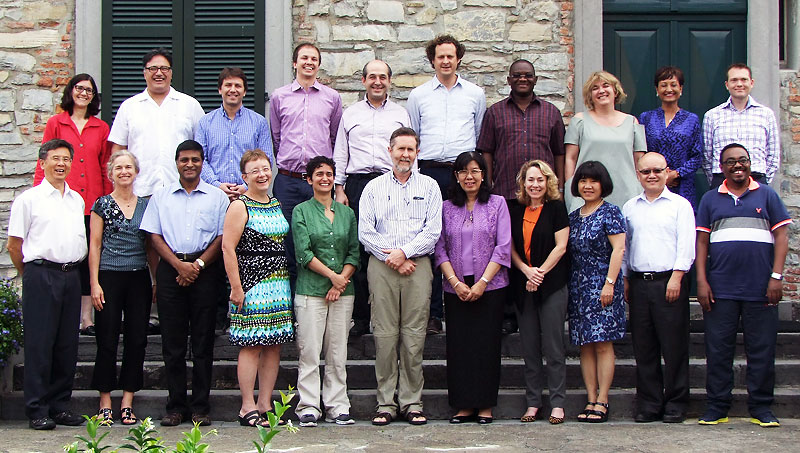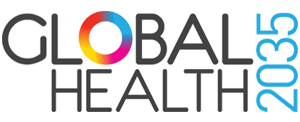July 28, 2015
The CIH hosted a three-day workshop, July 6-10, 2015, at the Rockefeller Foundation's Bellagio Center on "Implementing Pro-Poor Universal Health Coverage." During this meeting, a diverse group of 21 participants, including officials from the Ministries of Health of nine countries, academics, and representatives of global health agencies, foundations, and civil society organizations, shared their experiences to build the evidence on how to successfully implement pro-poor UHC.

The Commission on Investing in Health, in its Global Health 2035 report, set out an ambitious investment framework for global health with UHC at its foundation. The CIH endorsed "pro-poor" pathways to UHC — in which there is a determination to include poor people in service provision from the outset — as the most efficient way to achieve both improved health and financial risk protection.
Countries worldwide are now embarking on health systems changes that move them closer to achieving UHC. As they do so, they can draw from a significant body of research and evidence about the technical aspects of UHC implementation — which we call the "what" of UHC — such as defining service packages and developing health financing systems. However, there is little information available on what we call the "how" of UHC implementation, for example: how do countries build and sustain political commitment for UHC over time? How do UHC leaders manage opposition to pro-poor service delivery? How can countries secure and maintain adequate long-term health systems finance while moving away from out of pocket payments?
Participants at the Bellagio workshop discussed their experiences and country evidence to tackle a set of key "how" questions about pro-poor UHC implementation. These "how" questions covered political will and public engagement, information and evidence generation, the growth and evolution of UHC schemes, quality assurance, and international action. Some of the key lessons emerging from the meeting include:
- Take advantage of political windows of opportunity: UHC advocates should be ready to use policy windows to push pro-poor UHC higher up on the political agenda. Participants at Bellagio shared their experiences about "what works" in getting UHC on the agenda, including how to bring the ministry of finance on board as an ally and how to handle opposition.
- Engage the public through accountable and open communication: Civil society movements can be effective in generating political will for and shaping UHC programs. Participants discussed effective strategies for bringing the public into decision-making and engaging the NGO community.
- Generate and use evidence to guide successful UHC implementation: Gathering and using information is essential for UHC priority-setting, quality assurance, and sustainability. Participants shared strategies for data collection and dissemination to inform evidence-based decision-making at a country level.
